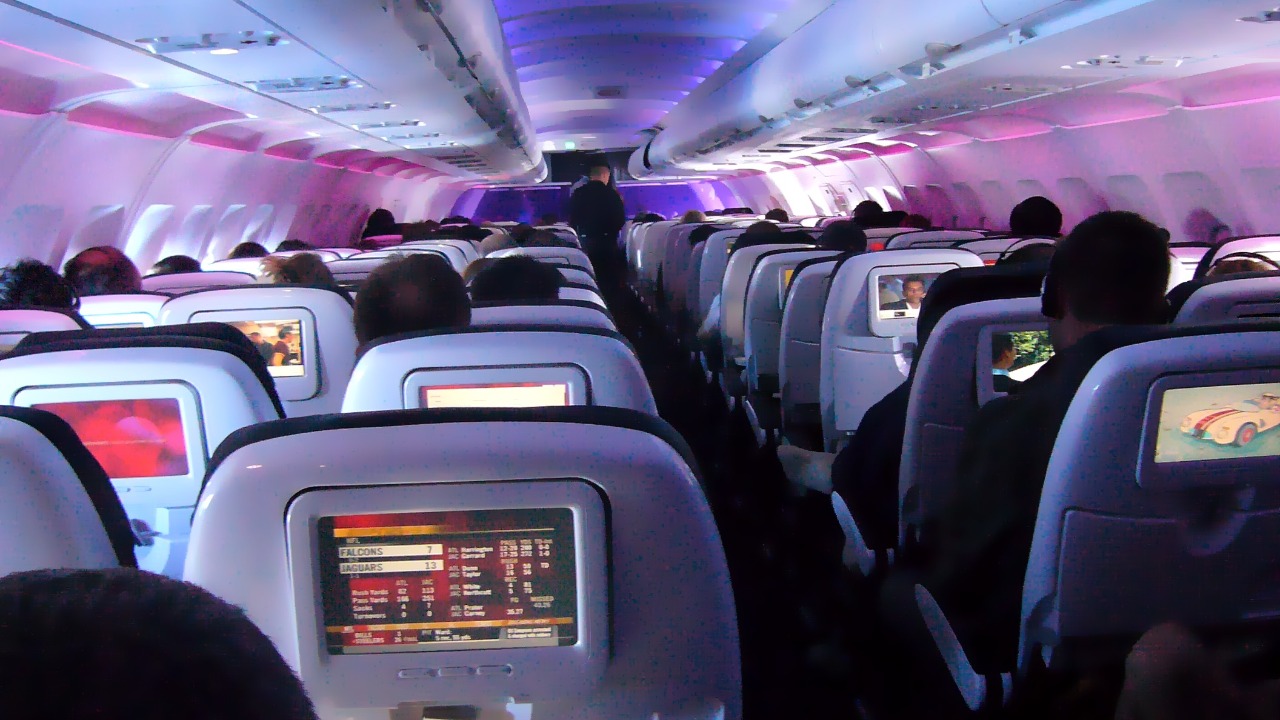
When preparing for air travel, it’s important to know which gadgets are prohibited on flights. Certain devices are banned due to safety concerns, primarily related to battery hazards and technological malfunctions that can pose serious risks. Here are seven gadgets you should avoid taking on airplanes worldwide.
Hoverboards
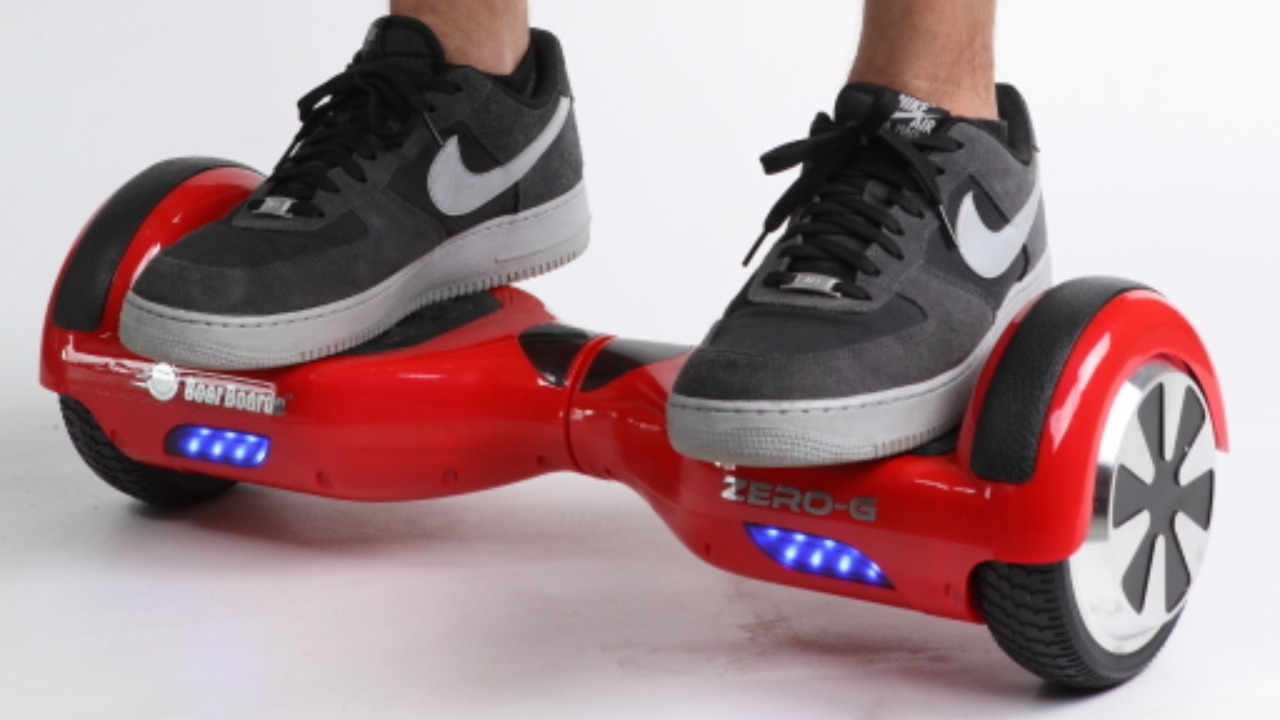
Hoverboards have been a popular trend for personal transportation, but they are not welcome on airplanes. The primary issue lies in their lithium-ion batteries, which have been known to overheat and catch fire. This risk has prompted airlines globally to prohibit hoverboards in both carry-on and checked luggage.
For instance, airlines like Delta and American Airlines have explicitly banned these devices, citing safety concerns. If you’re planning to travel with a hoverboard, consider shipping it separately to avoid complications at the airport.
Samsung Galaxy Note 7
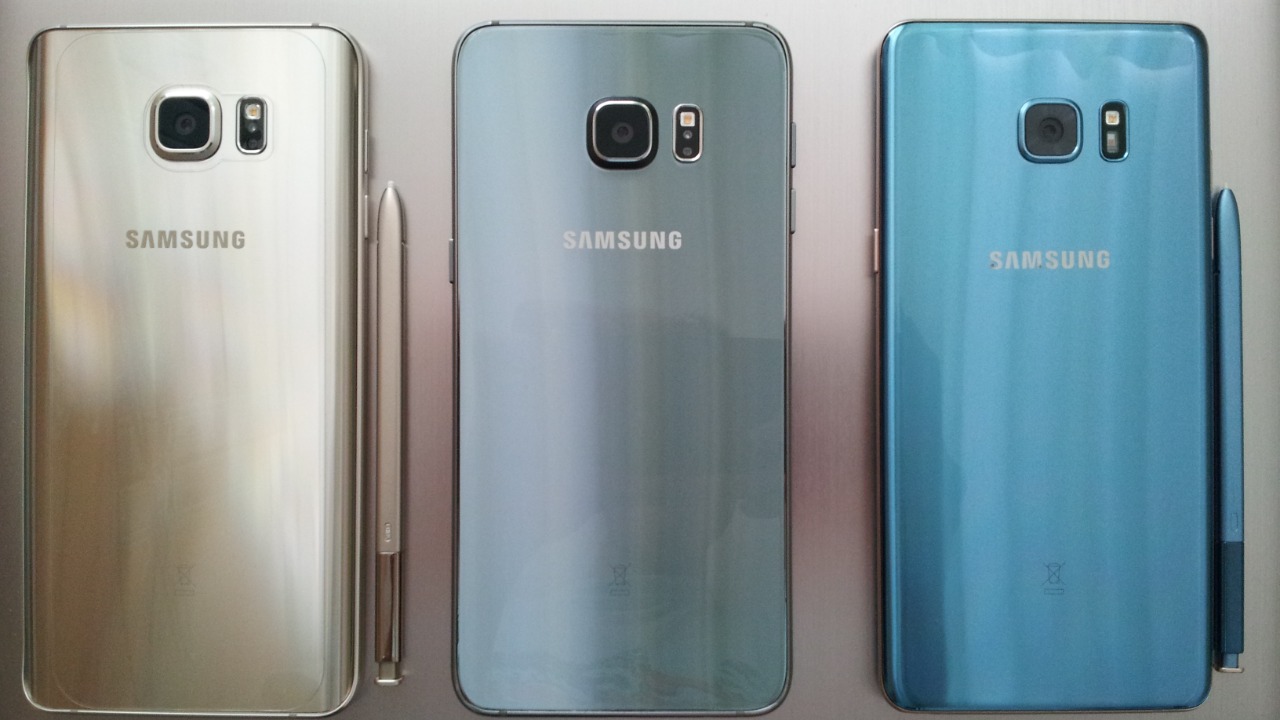
The Samsung Galaxy Note 7 made headlines for all the wrong reasons when reports surfaced of its batteries exploding. Despite Samsung’s efforts to recall and replace the devices, the issues persisted, leading to a complete ban on flights. The U.S. Department of Transportation and other global aviation authorities quickly prohibited the device on airplanes.
Even today, the Samsung Galaxy Note 7 remains banned on flights, serving as a reminder of the potential dangers associated with faulty technology.
Personal Air Purifiers with Lithium-Ion Batteries
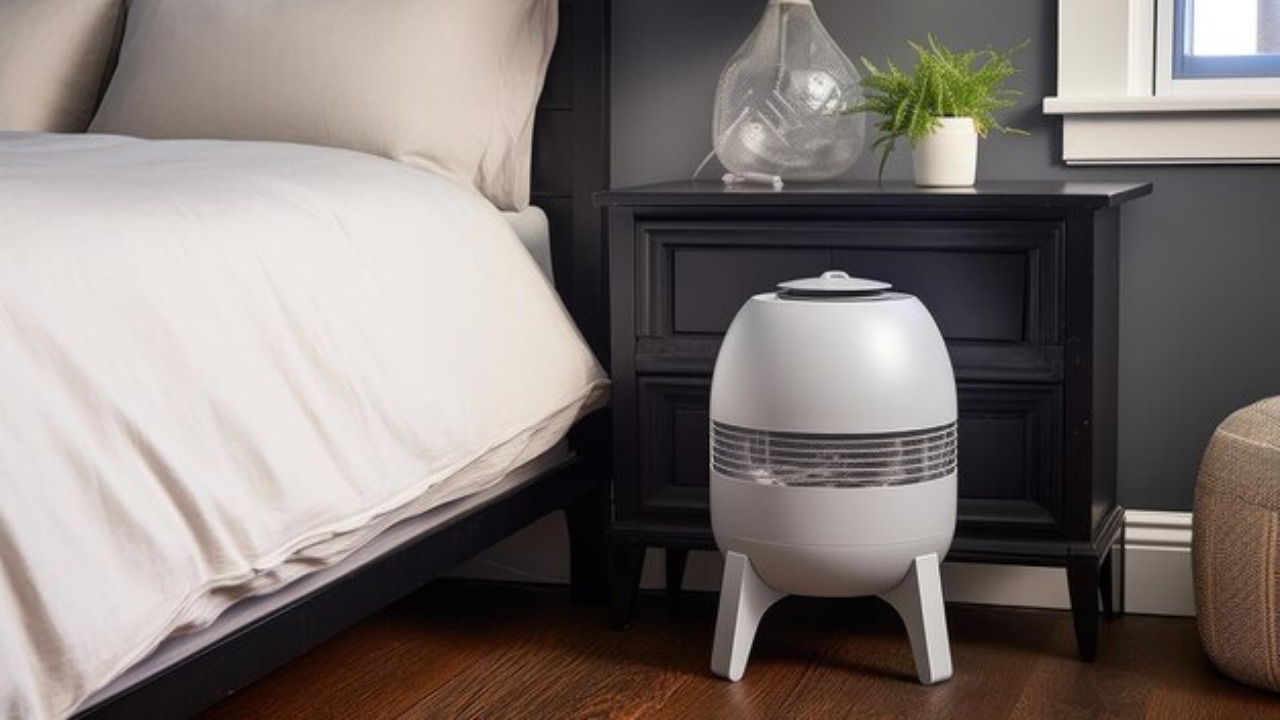
Personal air purifiers have become popular, especially for frequent travelers concerned about air quality. However, those powered by lithium-ion batteries are not allowed on airplanes due to the same fire risk associated with hoverboards and other battery-powered devices.
These purifiers are often used in confined spaces, and their malfunction could pose a significant threat during a flight. Therefore, it’s recommended to leave them at home or opt for battery-free alternatives when traveling.
Smart Luggage with Non-Removable Batteries
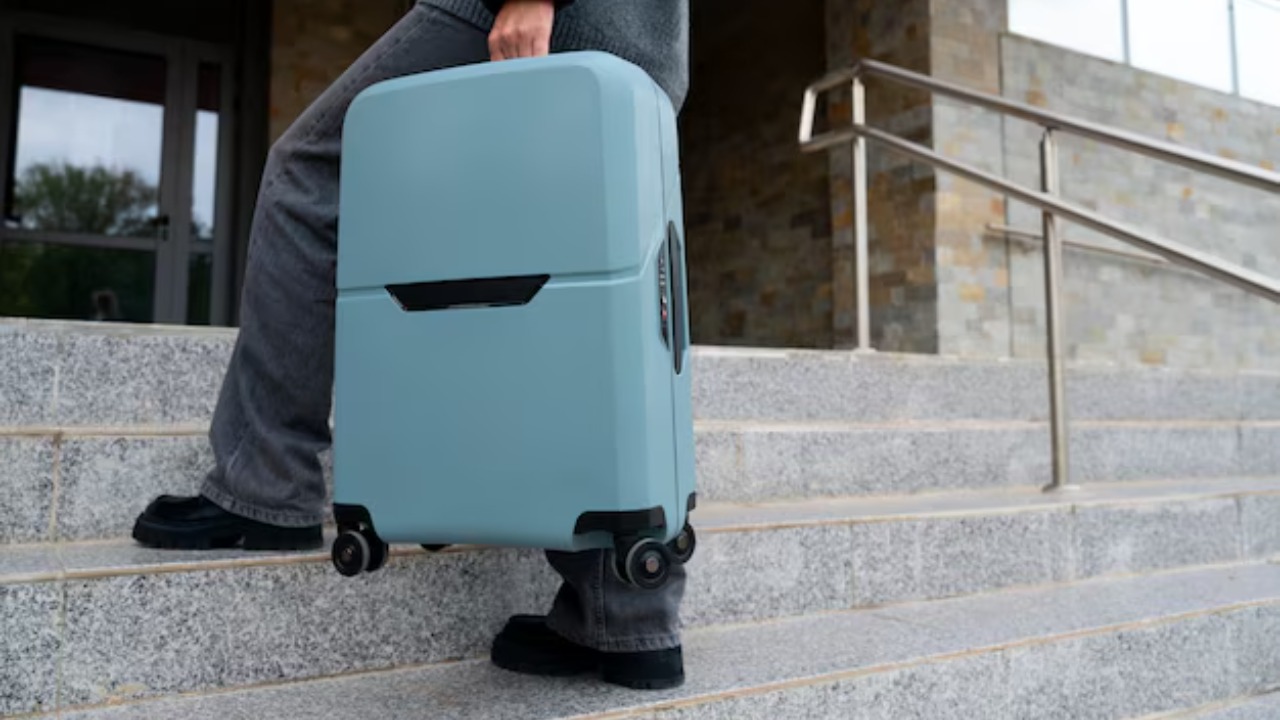
Smart luggage offers convenience with built-in USB chargers, GPS trackers, and digital locks. However, if the battery in your smart luggage is non-removable, it could be banned by airlines. The concern is that these batteries may overheat and potentially cause fires in the cargo hold.
To avoid issues, ensure your smart luggage has a removable battery. Major airlines, such as United and British Airways, have specific guidelines regarding this type of luggage.
Bluetooth Earpieces with High-Power Lasers

Bluetooth earpieces are generally allowed on flights, but those equipped with high-power lasers are strictly banned. These lasers, often used for presentations, can interfere with aircraft systems and pose a threat to safety.
If you require a laser for work purposes, it’s best to pack it separately and check with your airline about their specific policies. Most airlines have clear restrictions regarding electronic devices with laser capabilities.
Self-Balancing Electric Unicycles

Similar to hoverboards, self-balancing electric unicycles are prohibited on airplanes due to their lithium-ion battery packs. These personal transportation devices have become increasingly popular, but their batteries can pose significant risks if they overheat or are damaged during a flight.
Before traveling, consider alternative options for ground transportation at your destination, as most airlines follow strict guidelines regarding these devices.
Explosive-Trace Detection Equipment
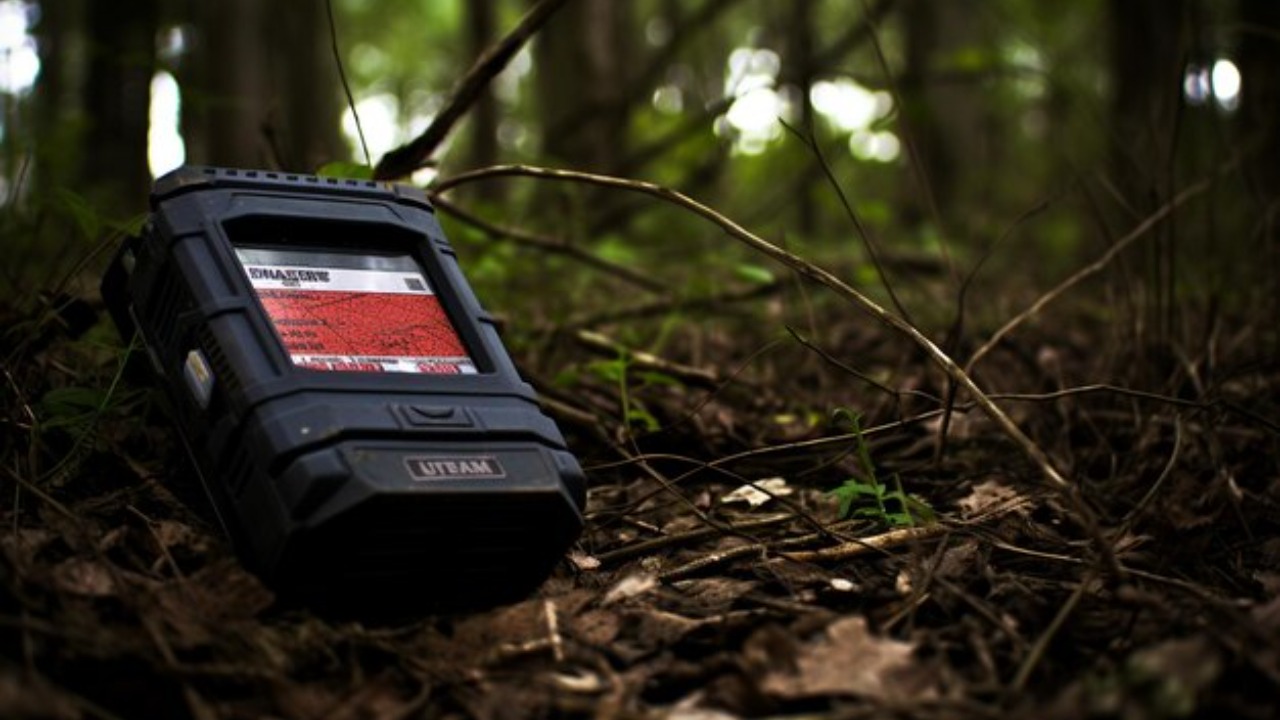
While explosive-trace detection equipment is essential for security purposes, it’s not permitted as a personal item on flights. These devices are used by security personnel to detect explosive residues and are highly specialized.
If you’re traveling with such equipment for professional reasons, it’s crucial to notify the airline in advance and make appropriate arrangements. Generally, airlines have protocols for handling sensitive equipment, ensuring compliance with safety regulations.